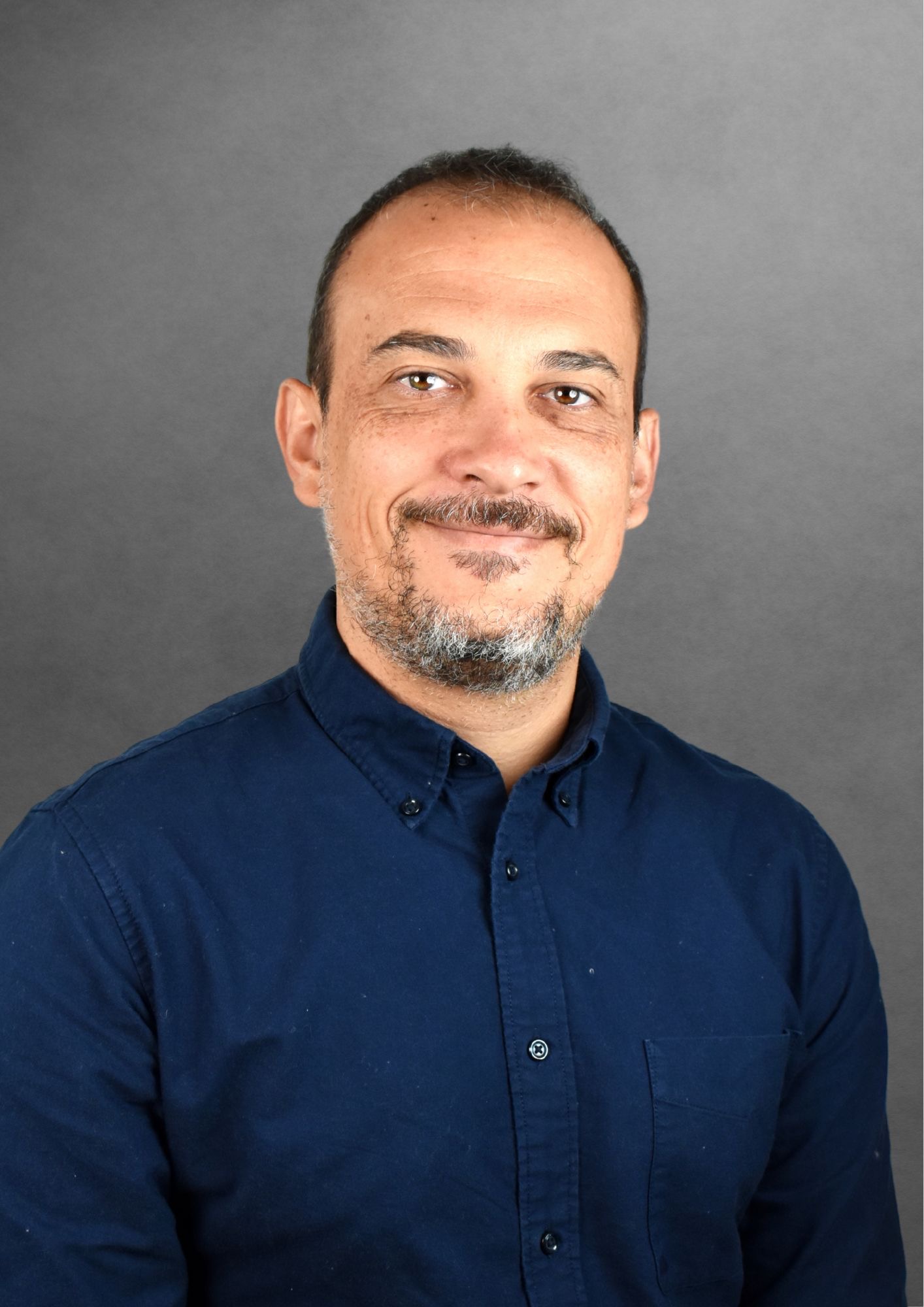
Photo courtesy of Dr Siqueira
André Siqueira is Head of the Global Dengue Programme of the Drugs for Neglected Diseases Initiative (DNDi) for Latin America and a scientist at the Oswaldo Cruz Foundation (Fiocruz) in Brazil who received a training grant from TDR early in his career. Below we share his inspiring success stories – such as translating Thailand's experience with antimalarial resistance to northern Brazil – which show how TDR’s support for global scientific collaboration and exchange can benefit many regions around the world that are affected by the same infectious diseases.
Born in Brasília, André studied medicine at the University of Brasília, where he developed a deep interest in infectious diseases, particularly those affecting vulnerable populations. After completing his residency in infectious diseases, he moved to Manaus in the Brazilian Amazon to focus on tropical diseases, especially arboviruses. A decade ago, he joined Fiocruz as a scientist and principal investigator, leading intervention and observational studies on malaria, dengue, Zika, chikungunya, COVID-19 and other diseases.
André's connection with TDR began through professors who had benefited from its capacity-building programmes and research grants. Inspired by their work, André pursued research opportunities and secured a training grant from TDR early in his career.
This grant allowed him and colleagues from Fiocruz and Brazil’s Ministry of Health to travel to Thailand for a pivotal exchange with scientists there who were also tackling malaria and other febrile diseases. “This was pivotal to my career,” he recalls. “It was very important to learn about Thailand's experience with antimalarial resistance because it allowed us to use similar techniques and approaches in Brazil. This exchange opened doors for me to form a broader collaborative network and learn from other scientists' experiences.”
Following this exchange, André focused on improving drug resistance monitoring strategies for Plasmodium falciparum and vivax in Roraima, a northern Brazilian state bordering Venezuela and Guyana. The region’s complex health landscape – shaped by migration, illegal mining and drug trafficking – makes surveillance challenging. With the participation of the Brazilian Ministry of Health and local authorities, he conducted studies to implement more effective surveillance in the region.
Creating a national research network to tackle chikungunya
Beyond malaria, André expanded his work to other arboviruses circulating in the region, including dengue, Zika, oropouche, and chikungunya. His goal was to understand their impact and develop integrated approaches that foster trust among affected communities and positive responses to health interventions. This experience led him to establishing REPLICK (Rede de Pesquisa Clínica e Aplicada em Chikungunya), a Chikungunya research network of nine cities in Brazil that brings together a multidisciplinary team to study the disease’s economic, psychological and social effects on affected people.
He applies these same principles in his role at DNDi, where the activities are steered by the Dengue Alliance, a coalition of research and health institutions from endemic countries in a South-South collaboration. “These initiatives continue to generate data and experiences that help us to better understand which factors contribute to complications,” he explains. “So that we can take measures to improve protocols and reduce the lethality of the disease, mitigating its impact on the health of the population.”
André emphasizes that pursuing a career in research in regions with deep health challenges requires persistence, funding and support from institutions and health authorities. Opportunities such as those offered by TDR are valuable to building scientific careers, he says. “Investing in training and research is crucial because it enables us to generate experiences that are recognized regionally and globally as examples of high-quality research.”
He also advocates for greater visibility of successful Latin American research experiences, noting that many remain undocumented. Sharing these stories can inspire adaptation across similar contexts and foster global collaboration.
“Disseminating these experiences fosters global exchange with other continents in similar situations, creating an ideal environment for cultivating new and better ideas and expanding networks of collaboration among scientists.”
We know that pursuing a career in research in countries with limited resources is challenging, but not impossible. Every successful experience provides inspiration and an opportunity to expand and strengthen our networks of cooperation. Do you have an experience to share? Help us make visible the stories of our scientists from the TDR Global network in Latin America and the Caribbean. Contact: achamorro@cideim.org.co and klinares@cideim.org.co.

